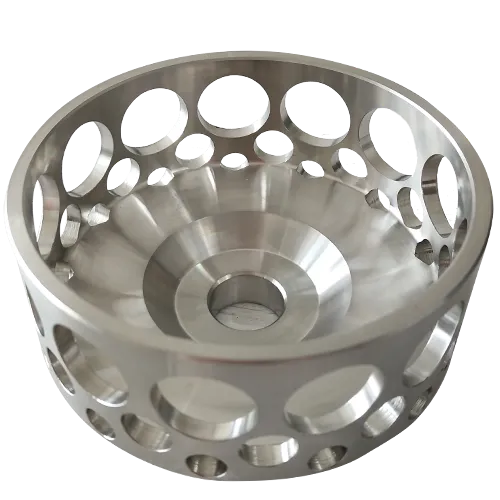Mobile:+86-311-808-126-83
Email:info@ydcastings.com
Impeller in a Pump | Understanding Function and Types
The Role of Impellers in Pump Performance
In the world of fluid mechanics, the impeller serves as a crucial component within a pump system. Designed to convert mechanical energy into energy of fluid motion, the impeller plays a significant role in influencing the efficiency and effectiveness of the pumping process. This article delves into the functionality of impellers, the different types available, and their impact on pump performance.
The Role of Impellers in Pump Performance
There are several types of impellers used in pumps, each tailored for specific applications and fluid characteristics. The most common types include closed, semi-open, and open impellers. Closed impellers consist of two shrouded blades, providing higher efficiency and better performance under conditions of high pressure. Semi-open impellers, with one shrouded side and one open side, are ideal for pumping fluids containing solids, as they are less likely to clog. Open impellers, which have no shrouding, are suitable for applications involving viscous or fibrous materials, but usually operate at lower efficiencies compared to closed types.
impeller in a pump

The selection of an appropriate impeller design is paramount for optimal pump performance. Factors such as the type of fluid, operating conditions, and desired flow rates all play a significant role in this decision-making process. An incorrectly chosen impeller can lead to decreased efficiency, increased energy consumption, and even premature wear or failure of the pump.
In addition to the design, the material of the impeller is also critical. Impellers are typically made from metals like stainless steel or cast iron, but in some applications, plastics or composite materials may be used. The choice of material hinges on the fluid being pumped—corrosive liquids necessitate materials that can withstand degradation, while handling abrasive materials calls for more durable constructions.
In conclusion, the impeller is a vital part of a pump's infrastructure, directly affecting its operational efficiency and lifespan. Understanding the intricacies of impeller design and material selection can significantly enhance pump performance and reliability in various applications. As industries continue to evolve, advancements in pump technology will likely focus on optimizing impeller designs to meet the demands of increasingly complex fluid handling tasks.
-
Why Should You Invest in Superior Pump Castings for Your Equipment?NewsJun.09,2025
-
Unlock Performance Potential with Stainless Impellers and Aluminum End CapsNewsJun.09,2025
-
Revolutionize Your Machinery with Superior Cast Iron and Aluminum ComponentsNewsJun.09,2025
-
Revolutionize Fluid Dynamics with Premium Pump ComponentsNewsJun.09,2025
-
Optimizing Industrial Systems with Essential Valve ComponentsNewsJun.09,2025
-
Elevate Grid Efficiency with High-Precision Power CastingsNewsJun.09,2025











